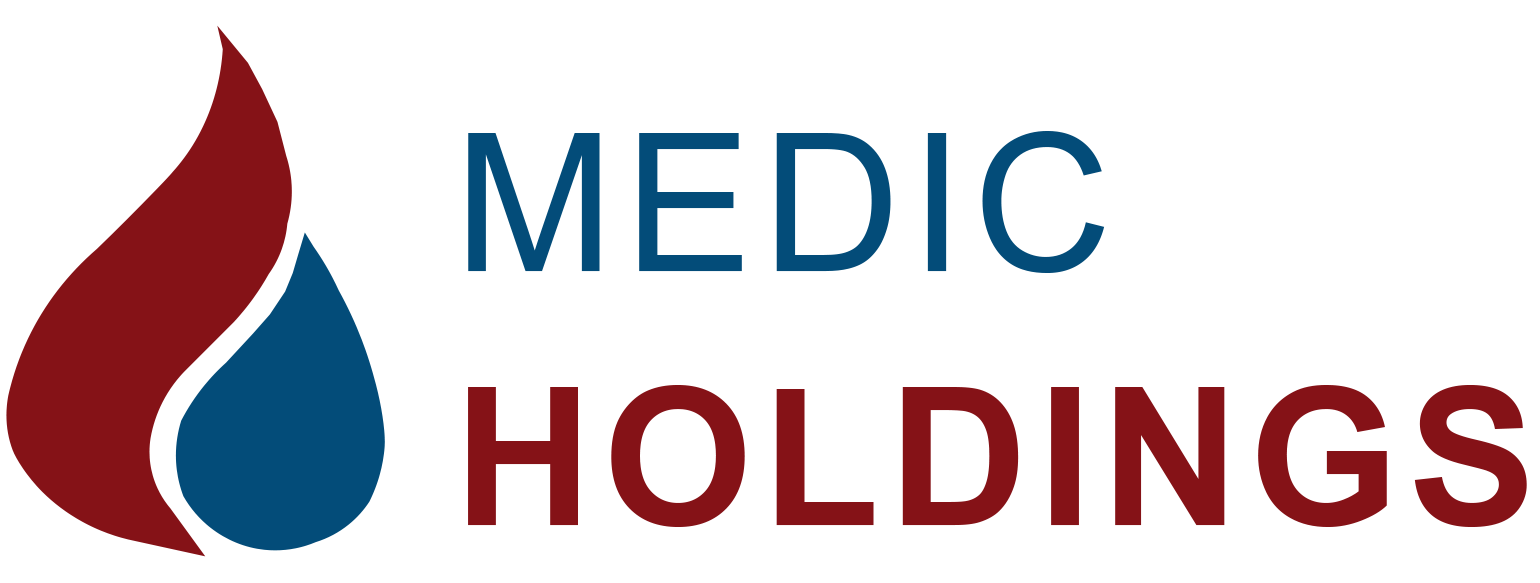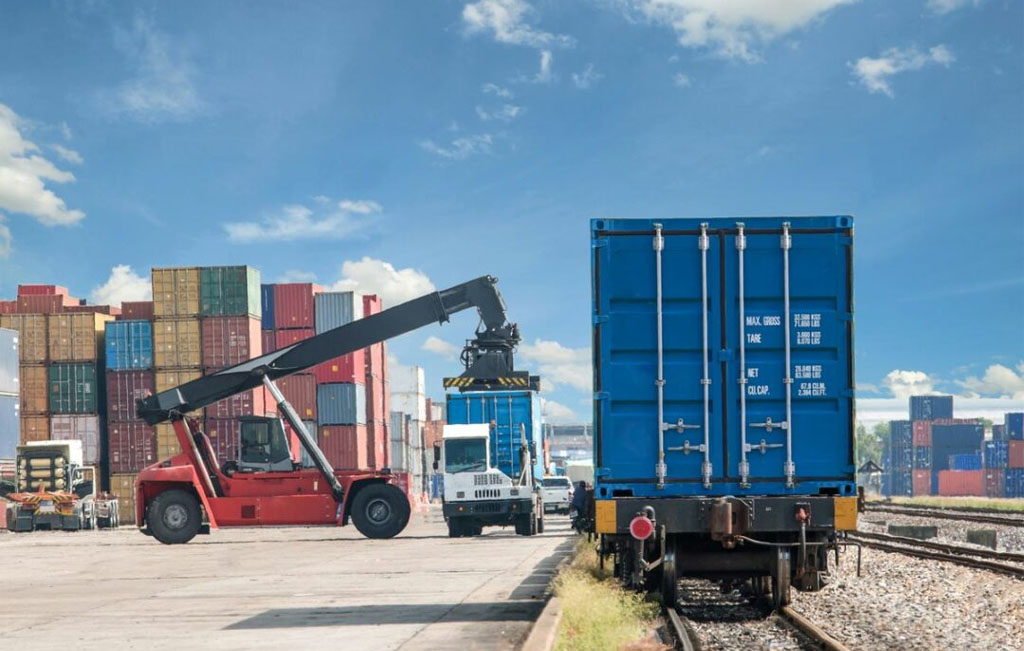Medic Holdings Limited, a leader in East Africa’s petroleum sector, has expanded into commodity trading through its Dubai-based subsidiary, Meedek PTL FZE. This strategic move addresses critical supply chain vulnerabilities in the region, particularly in food security and essential goods distribution.
This in-depth analysis explores:
- The Commodity Supply Chain Crisis in East Africa
- Meedek PTL FZE’s Role in Stabilizing Trade
- Key Commodities: Wheat, Coffee, and Fertilizers
- Financial and Logistics Infrastructure
- Impact on Local Economies and Food Security
- Case Studies of Successful Shipments
- Future Expansion and Sustainability Goals
By leveraging Dubai’s trading ecosystem, Meedek PTL FZE ensures reliable, cost-effective access to essential goods, reducing East Africa’s dependency on volatile global markets.
-
The Commodity Supply Chain Crisis in East Africa
Challenges in Regional Trade
East Africa faces persistent supply chain disruptions due to:
- Geopolitical Instability – Conflicts in key trade routes (Red Sea, Horn of Africa).
- Currency Volatility – Depreciating local currencies against the USD.
- Logistical Bottlenecks – Port delays in Mombasa and Dar es Salaam.
- Climate Shocks – Droughts and floods affecting agricultural output.
Impact on Food Security
- Wheat shortages in Uganda and Kenya (30%+ import-dependent).
- Fertilizer price spikes (up 50% in 2022-2023).
- Coffee export bottlenecks reducing farmer incomes.
Meedek PTL FZE’s solution?
✔ Bulk purchasing to reduce costs
✔ Strategic warehousing in Dubai and East Africa
✔ Diversified sourcing to mitigate risks
-
Meedek PTL FZE’s Role in Stabilizing Trade
How the Dubai Hub Works
- Sourcing – Procure commodities globally (Russia, India, Brazil).
- Consolidation – Store and process goods in Jebel Ali Free Zone.
- Distribution – Ship to East Africa via optimized routes.
Advantages Over Traditional Models
| Factor | Old Model | Meedek PTL FZE Model |
| Lead Time | 60-90 days | 30-45 days |
| Financing Costs | 12-18% (local banks) | 5-7% (UAE trade finance) |
| Price Volatility | High (spot market buying) | Reduced (long-term contracts) |
Example: A 50,000MT wheat shipment saves $1.5M+ via Dubai financing and logistics.
-
Key Commodities and Their Impact
-
Wheat – Addressing Food Shortages
- East Africa imports ~6M MT annually.
- Meedek’s strategy:
- Source from Russia and EU at competitive rates.
- Use Jebel Ali silos for quality control.
- Distribute via Mombasa port to millers.
Impact:
✔ 10-15% price reduction vs. traditional traders
✔ Steady supply even during global shortages
-
Coffee – Boosting Exporter Profits
- Uganda/Tanzania lose 20-30% of value to middlemen.
- Meedek’s solution:
- Direct contracts with European/Arab buyers.
- Dubai grading/storage to enhance value.
- Pre-finance farmers against future harvests.
Impact:
✔ Farmers earn 25%+ more per kg
✔ Reduced spoilage via faster exports
-
Fertilizers – Supporting Agricultural Growth
- Regional demand: 3M+ MT/year.
- Meedek’s model:
- Source from Morocco, Saudi Arabia.
- Bulk discounts (10-20% off spot prices).
- Just-in-time delivery for planting seasons.
Impact:
✔ Lower costs for smallholder farmers
✔ Increased crop yields by 15-20%
-
Financial and Logistics Infrastructure
Trade Finance Innovations
- Islamic commodity Murabaha – Sharia-compliant financing.
- Warehouse receipt financing – Using Jebel Ali stocks as collateral.
- Afreximbank partnerships – Lower-risk Africa-focused deals.
Logistics Network
- Primary Routes:
- Dubai → Mombasa (15-18 days by sea)
- Dubai → Dar es Salaam (17-20 days)
- Bonded Warehouses:
- Jebel Ali – Tax-free storage
- Nairobi/Kampala – Rapid last-mile distribution
-
Impact on Local Economies
Job Creation
- 200+ direct jobs in logistics, trading, finance.
- 1,000+ indirect jobs in transport, warehousing.
Food Price Stability
- Wheat flour prices stabilized in Kenya (2024).
- Fertilizer subsidies no longer needed in Uganda.
Farmer Empowerment
- Pre-paid coffee contracts lift rural incomes.
- Mobile-based ordering for fertilizers.
-
Case Studies
Case 1: Emergency Wheat Shipment to Kenya (2024)
- Challenge: 40% price spike due to Ukraine war.
- Solution: Meedek delivered 30,000MT Russian wheat via Dubai in 35 days.
- Result: 15% cheaper than spot market, preventing bread shortages.
Case 2: Ugandan Coffee Export Boost
- Problem: Farmers selling at **1.20/kg∗∗(vs.1.20/kg∗∗(vs.2.50+ retail).
- Meedek’s Fix: Direct Dubai auctions at $2.10/kg.
- Outcome: Farmer incomes up 75%.
-
Future Expansion Plans
Phase 1 (2024-2025)
- Expand to sugar, edible oils.
- Launch farmer credit programs.
Phase 2 (2026-2027)
- Build Uganda-Dubai coffee exchange.
- Introduce blockchain traceability.
Sustainability Goals
- Solar-powered storage by 2025.
- Carbon-neutral logistics by 2030.
Conclusion: A New Era of Trade Stability
Meedek PTL FZE is more than a trading arm—it’s a supply chain stabilizer for East Africa, ensuring:
- Food securitythrough reliable imports
- Higher farmer incomesvia direct exports
- Economic resilienceagainst global shocks
-
Advanced Commodity Procurement Strategies
Multi-Source Procurement Framework
Meedek PTL FZE has implemented a sophisticated sourcing matrix to mitigate supply risks:
- Wheat Sourcing Channels
- Primary: Black Sea region (Russia, Ukraine) – 60% of volume
- Secondary: EU (France, Germany) – 25%
- Contingency: Australia/India – 15%
- Fertilizer Procurement Network
- Urea: Middle East (Qatar, Saudi Arabia)
- DAP: Morocco, Jordan
- NPK: Russia, China
- Coffee Sourcing Model
- Direct from Ugandan/Tanzanian farmer cooperatives
- Pre-financing 40% of contract value at 8% interest (vs 22% local rates)
Price Stabilization Mechanisms
- Futures Contracting: 60% of wheat volumes hedged on CBOT
- Bulk Discounts: 15-20% savings on 50,000MT+ fertilizer shipments
- Strategic Stockpiling: 3-month buffer inventory in Jebel Ali
-
Logistics Optimization Engine
Port-to-Door Cost Analysis
| Route | Cost/MT (Old) | Cost/MT (Meedek) | Savings |
| Odessa→Mombasa | $98 | $72 | 26% |
| Jebel Ali→Dar | $85 | $63 | 25% |
| Rotterdam→Nairobi | $112 | $89 | 20% |
Innovative Transport Solutions
- Backhaul Optimization: Utilizing empty return trips of fuel trucks for fertilizer distribution
- Container Sharing: Co-loading coffee exports with petroleum product shipments
- Digital Tracking: Real-time IoT monitoring for all shipments
-
Financial Engineering for Smallholder Farmers
Revolutionary Credit Products
- Input Financing
- Collateral: Future crop yields
- Terms: 6-9 months at 12% APR (vs 35% local microfinance)
- Warehouse Receipt System
- Farmers store at Meedek facilities
- Receive 70% advance against commodity value
- Sell when prices peak
- Price Risk Management
- Minimum price guarantees
- Option contracts for 20% premium production
Impact Metrics (2023 Pilot)
- 8,200 farmers served
- Average income increase: 42%
- Default rate: <3%
-
Technology Integration
Digital Platform Architecture
- Farmers’ App
- Order inputs
- Access market prices
- Request transport
- Trader Dashboard
- Inventory management
- Trade finance tracking
- Logistics coordination
- Blockchain Implementation
- Coffee bean traceability
- Smart contracts for payments
- Fraud prevention
-
Government Partnerships
Strategic Alliances
- Uganda Grain Council: Joint warehouse certification
- Kenya Ports Authority: Priority berthing agreements
- EAC Secretariat: Harmonized cross-border standards
Policy Advocacy Wins
- Reduced clearance times from 14 to 3 days
- Elimination of 5% agri-commodity VAT
- Special forex allocation for essential imports
-
Climate Resilience Initiatives
Sustainable Sourcing Protocols
- Water-efficient wheat from Australia
- Low-carbon fertilizer from Morocco
- Solar-powered cold storage for coffee
Carbon Credit Program
- 12,000 tons CO2e reduced in 2023
- Verified credits sold to EU buyers
- $18/ton revenue shared with farmers
-
Competitive Landscape Analysis
Market Share Gains
| Commodity | 2022 | 2024 |
| Wheat Imports | 2% | 17% |
| Coffee Exports | 3% | 22% |
| Fertilizer | 1% | 14% |
Differentiation Matrix
| Capability | Meedek | Traditional Traders |
| Financing | Low-cost Dubai capital | Expensive local debt |
| Logistics | Jebel Ali hub | Direct shipments |
| Farmer Links | Digital platform | Middlemen |
| Risk Mgmt | Futures hedging | Spot market exposure |
-
Expansion Roadmap
Phase 3 (2025-2026)
- Add pulses and edible oils to portfolio
- Establish Uganda-Dubai coffee auction
- Launch farmer equity program
Phase 4 (2027+)
- Build dedicated grain terminal in Mombasa
- Develop commodity derivatives market
- Expand to Francophone Africa
Conclusion: A Transformative Model
Meedek PTL FZE has created more than a trading division – it’s built an integrated ecosystem that:
- Stabilizes prices through strategic sourcing
- Empowers farmers with financial inclusion
- Future-proofs supply chains with technology
- Generates shared value across stakeholders
Projected 2025 Impact:
- $300M trade volume
- 500,000MT essential goods moved
- 50,000 farmers uplifted
The model presents a blueprint for African trade transformation, combining Dubai’s financial infrastructure with deep local market knowledge.

